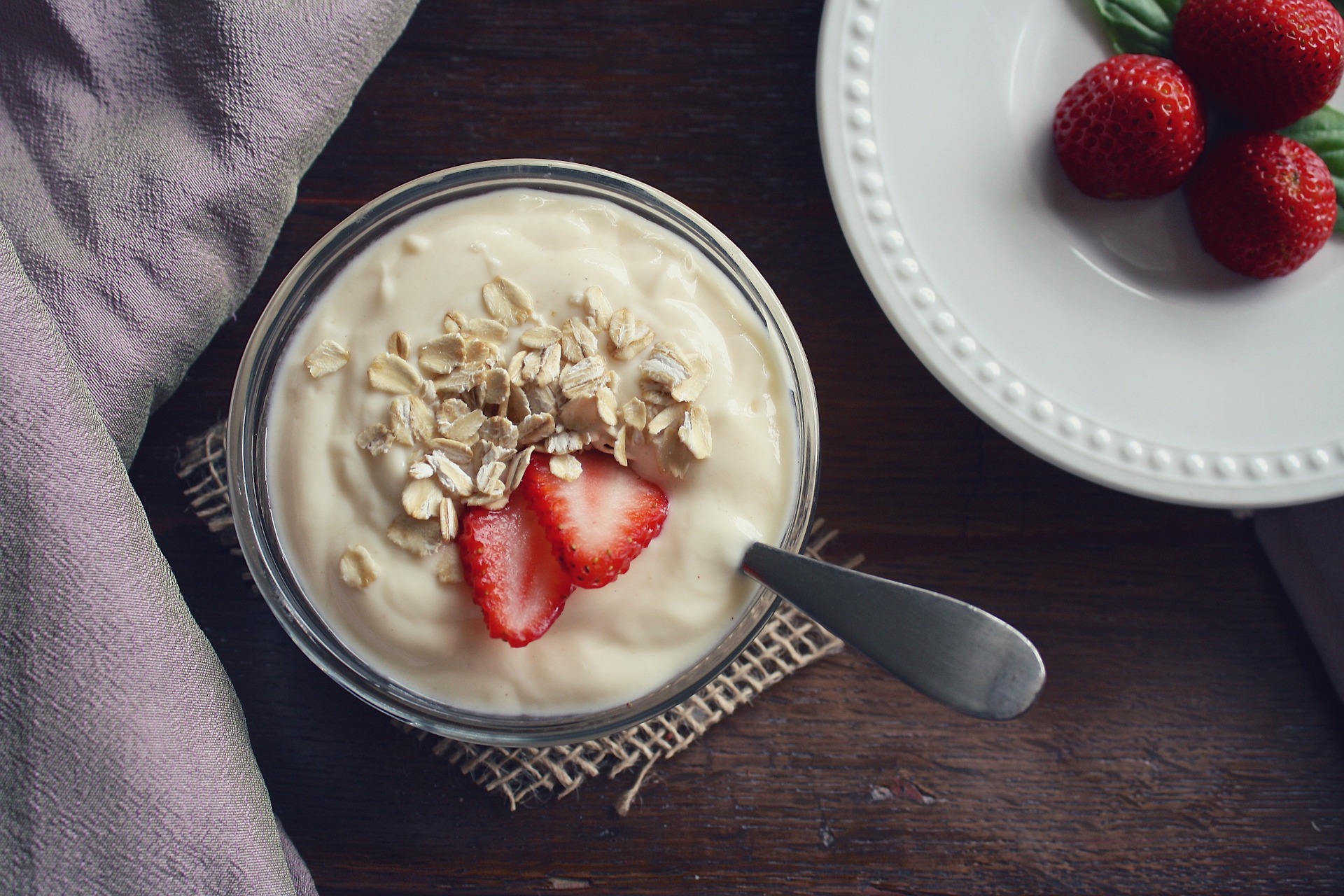Beneficial bacteria, known as probiotics, provide your brain and body with powerful benefits. Some of the benefits of probiotics are reduced depression, improved digestive health, and improved heart health. Probiotics can also give you healthier looking skin. While some people supplement their diets by taking a probiotic daily, there are some foods that are probiotic.

Foods That Are Probiotics
- Yogurt – As one of the best probiotic sources, yogurt is made of milk that has been fermented using lactic acid bacteria and bifidobacteria. You want to choose yogurt with live or active cultures, which offers you probiotic benefits. It can often be tolerated by those who are lactose intolerant.
- Kefir – This probiotic drink is made from adding kefir, which are yeast and lactic acid bacteria cultures, to the milk of a cow or goat. It has been proven to help with digestive issues, protect against infections, and improve bone health. Just like yogurt, those with lactose intolerance can sometimes tolerate kefir.
- Kimchi – A fermented, spicy Korean side dish, Kimchi is a great probiotic. While other vegetables can be used, cabbage is often the main ingredient. It is made with a mixture of seasonings, including salt, scallions, ginger, garlic, and red chili pepper flakes. It has lactic acid bacteria and high vitamin and mineral content.
- Pickles – Yes, pickles, the cucumbers that have been pickled in a water and salt solution are a probiotic. These have healthy probiotic bacteria that can help digestive health and are a great source of vitamin K, which is essential for blood clotting. Another bonus is that they are very low in caloric content.
- Buttermilk – Traditional buttermilk, which is left over from butter making, contains probiotics. This product is consumed in Pakistan, Nepal, and India, but cultured buttermilk that is found in American supermarkets doesn’t have any probiotic benefits.
- Natto – A fermented soybean product, natto contains a bacterial strain called Bacillus subtilis. As a staple in Japanese kitchens, it is often mixed with rice and served as part of breakfast. Natto has a distinctive smell, strong flavor and a texture that is slimy. It is rich in protein and vitamin K2, which are important in improving cardiovascular health and bone health.
- Cheese – While most cheeses are fermented, not all contain probiotics. When looking at the labels on cheeses, look for cheese with active and live cultures. Gouda, mozzarella, cottage, and cheddar cheeses have good bacteria that make it through the aging process. Some cheeses can help with digestive health, osteoporosis, and lower the risk of heart disease.
Improve Your Digestive Health
By regularly including probiotics in your diet, you can improve your digestive health and fend off other medical issues. By helping restore healthy bacteria in the gut, they can improve the systems caused by various digestive issues. Probiotics can treat gassiness, diarrhea, cramping, and even constipation. If you have been prescribed antibiotics that have caused intestinal issues, you can benefit greatly from probiotics. If an individual is lactose-intolerant, where they lack the enzyme that breaks down the sugar in milk, probiotics can often ease those symptoms as well.



